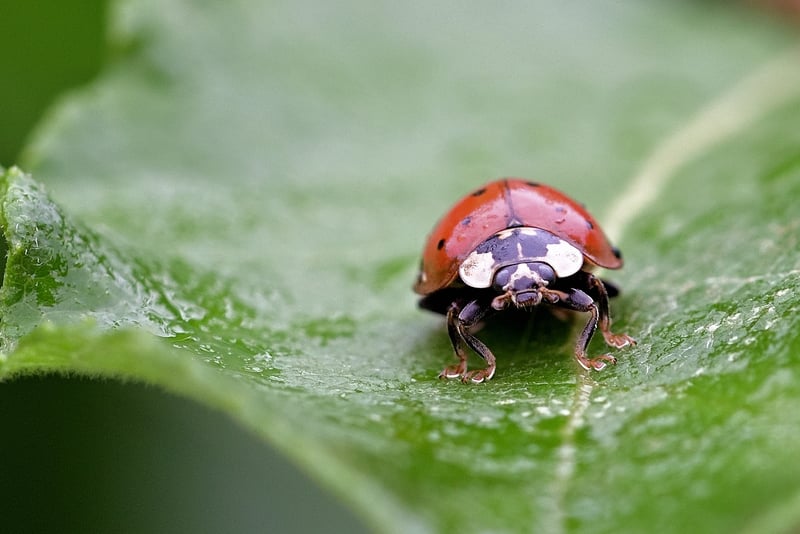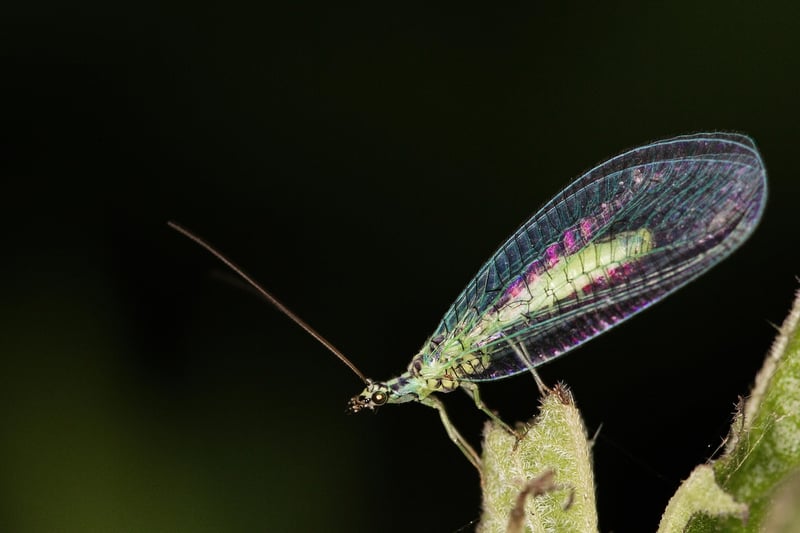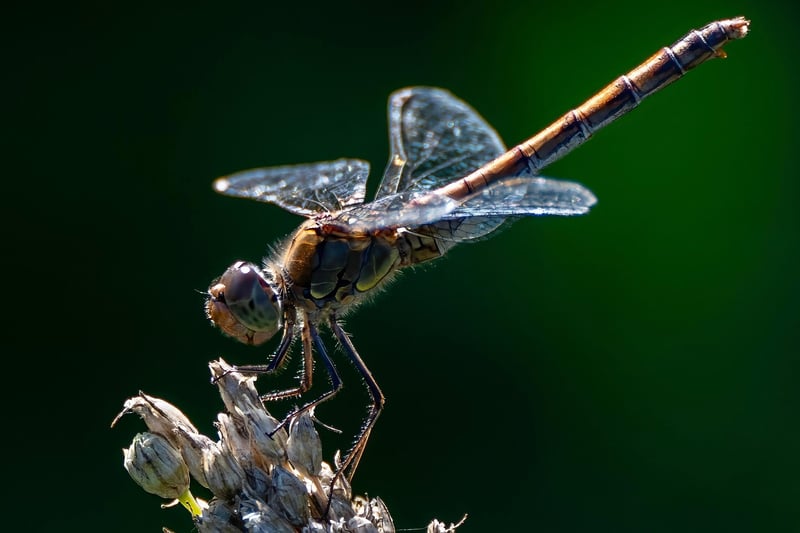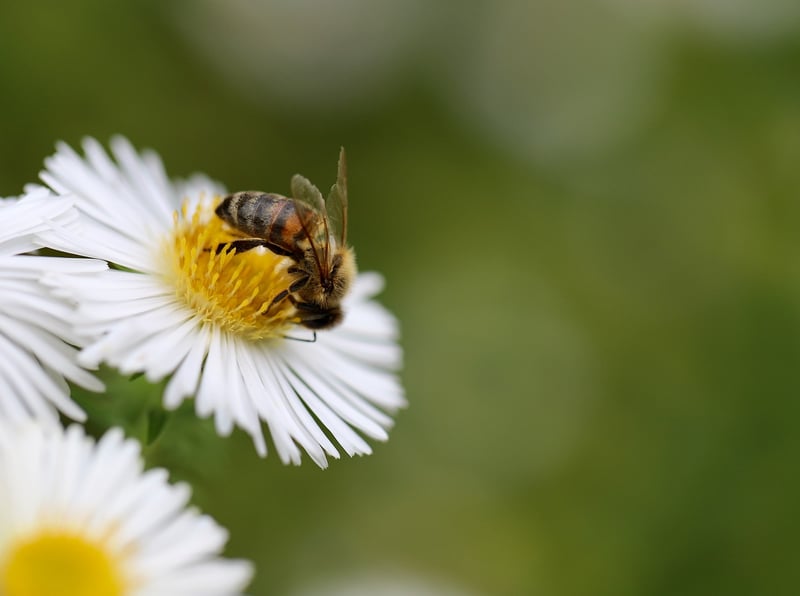Beneficial Insects
Protecting Your Garden: The Role of Beneficial Insects
When it comes to maintaining a healthy and thriving garden, the use of beneficial insects can be a game-changer. These tiny creatures play a vital role in controlling pests, pollinating plants, and maintaining overall garden health. By understanding the benefits of attracting and supporting beneficial insects, you can create a natural ecosystem that promotes plant growth and reduces the need for harmful pesticides.
Why Are Beneficial Insects Important?
Beneficial insects act as natural predators, feeding on harmful pests that can damage your plants. By introducing these insects into your garden or creating conditions that attract them, you can effectively manage pest populations without resorting to chemical interventions. This not only helps protect your plants but also contributes to a more sustainable and environmentally friendly gardening approach.
Common Beneficial Insects and Their Benefits
- Ladybugs: Known for their voracious appetite for aphids, mealybugs, and other soft-bodied insects that can harm plants.
- Praying Mantis: Feeds on a wide range of pests, including caterpillars, beetles, and flies.
- Lacewings: Their larvae consume aphids, thrips, and mites, helping to keep pest populations in check.
- Hoverflies: Important pollinators that also feed on aphids, thrips, and caterpillars.
Attracting Beneficial Insects to Your Garden
There are several ways to attract beneficial insects to your garden:
- Plant Diversity: Include a variety of plants that provide food and shelter for beneficial insects.
- Reduce Chemical Use: Minimize the use of pesticides that can harm beneficial insects.
- Provide Water Sources: Set up shallow dishes of water or create a small water feature for insects to drink from.
- Build Insect Hotels: Create structures that offer shelter for beneficial insects to nest and overwinter.
Conclusion
By recognizing the importance of beneficial insects in your garden ecosystem and taking steps to attract and support them, you can achieve a natural balance that promotes plant health and reduces the need for chemical interventions. Embracing these tiny allies can lead to a more sustainable and thriving garden for you to enjoy.
Remember, a healthy garden is not just about the plants you grow but also the diverse ecosystem of insects that support them.




For more information on beneficial insects and gardening tips, visit Gardening Know How.
